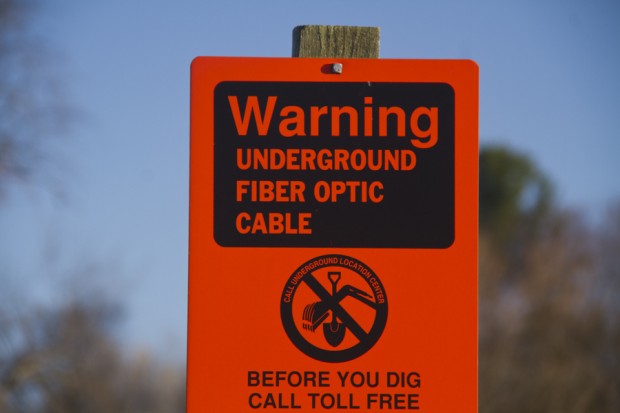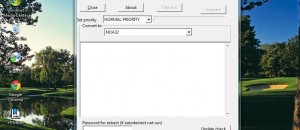When details on the NSA’s secret surveillance program called PRISM first emerged, much of the fear stemmed from the idea that the government had “direct access” to the servers of major tech companies like Google, Microsoft, Facebook and Apple. Many of the companies unsurprisingly denied allegations of direct access to their users’ data. And now that some of the more hyperbolic claims regarding PRISM have been refuted, new details from the Associated Press bring us another step closer to understanding this entire mess.
According to the AP, “more than a dozen current and former government and technology officials and outside experts” have confirmed to them that PRISM is a mechanism to help concentrate the large amount of information the NSA is gathering. In other words, NSA doesn’t necessarily have direct access to the servers of tech companies but rather have the ability to request user data from tech companies based on information NSA has gathered.
So now the question is, what information is the NSA gathering and where is it coming from? The AP report says that the NSA is “tapping directly into international fiber optic cables and collecting all that information.” PRISM is then used to help narrow down all that information by the NSA making data requests for specific targets to companies, which they must comply with.
When the NSA determines a target, they then contact the relevant company, like Google or Facebook for example, so they can “pinpoint” the suspect. Here are a few more details from the AP report:
If eavesdroppers spot a suspicious e-mail among the torrent of data pouring into the United States, analysts can use information from Internet companies to pinpoint the user.
With Prism, the government gets a user’s entire email inbox. Every e-mail, including contacts with American citizens, becomes government property.
Once the NSA has an inbox, it can search its huge archives for information about everyone with whom the target communicated. All those people can be investigated, too.
Meanwhile, over in Hong Kong, the now infamous whistleblower Edward Snowden is receiving support from the city’s residents. Organizers of a rally to show support for Snowden drew in around 900 protestors who called for the Hong Kong government to support him. Here are some statements from the protestors, who were interviewed by the South China Morning Post:
“What has happened has shown us that the US is spying on the whole world.”
“We are marching for Snowden to let him know that he is not alone.”
“I think Snowden has told us the truth and we have a responsibility to protect his core values.”
Additionally, Snowden revealed to the South China Morning Post that the NSA had been hacking computers in Hong Kong and mainland China since 2009 — a move that will undoubtedly bring him even more local support in his fight against the US government.
[via AP, Ars Technica, image via Matt Champlin]

 Email article
Email article




